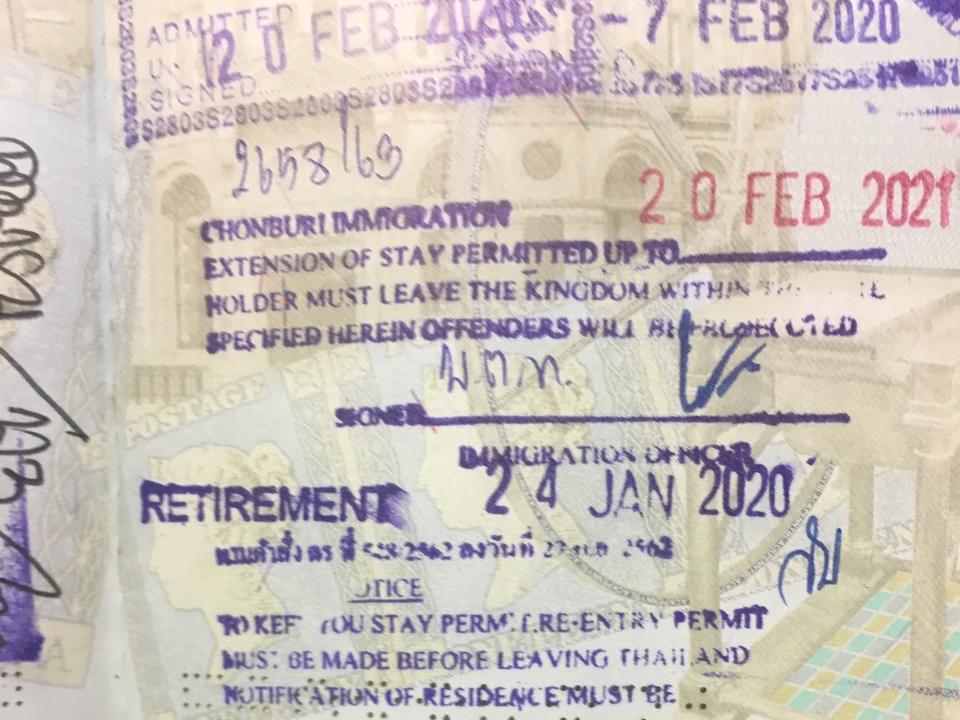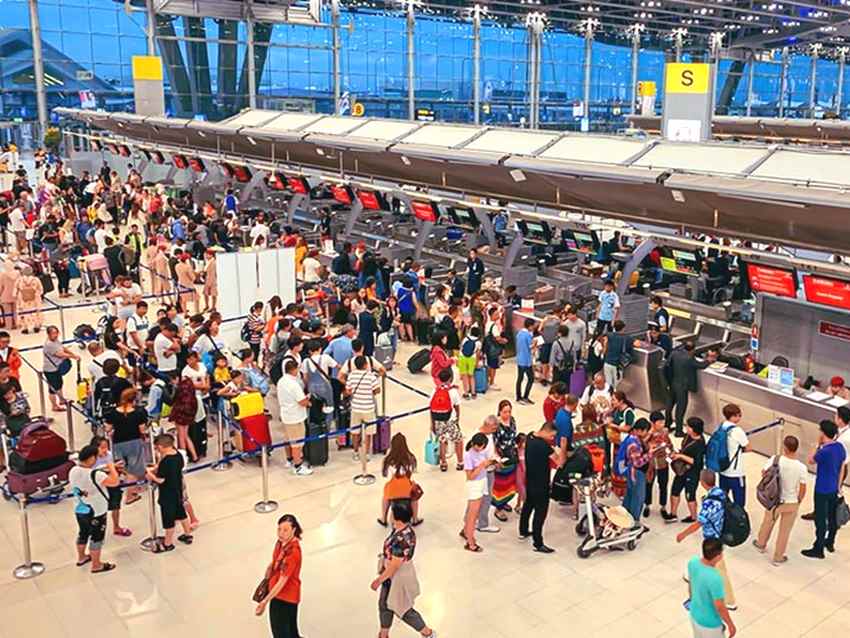Thailand anticipates a record influx of tourists from Taiwan and India this year, thanks to its recent visa-free policy.
The visa exemption, initiated in late 2023, now allows Taiwanese and Indian tourists an extended stay of 60 days in Thailand, lasting until November 11.
The Tourism Authority of Thailand (TAT) has revealed plans for a reciprocal annual visa-exemption programme with Taiwan and India, set to launch shortly.
TAT Taipei office director Sarima Chindamat expressed optimism, estimating Taiwanese visitor numbers could reach one million this year, surpassing the base-case scenario of 700,000. This would exceed the 2019 visitor count of 781,674.
"During the first half of 2024, the visa policy resulted in 533,000 Taiwanese visitors, a 34% increase compared to the same period in 2019, which saw 396,000 arrivals," Chindamat stated.
An estimated 18 million Taiwanese are expected to travel abroad this year, surpassing the 17 million who did so in 2019. Popular destinations for Taiwanese tourists include Thailand, Japan, China, Hong Kong, South Korea, and Vietnam.
Chindamat noted lucrative market segments such as LGBTQ tourists, active seniors, families, young people, and golfers, with average spending per Taiwanese visitor around 40,000 Baht (US$1,100) per trip. Flight capacity between Taiwan and Thailand has returned to 2019 levels, offering 1.5 million seats.
TAT aims to draw over two million Indian tourists this year, supported by a subsidy for Indian meeting and incentive groups visiting during the low season from July to September. TAT Mumbai office director Isada Saovaros reported that tour operators receive 200 Indian Rupees (86 Baht or US$2) per guest for groups of 100 to 1,000 guests staying over four days and three nights.
"In the first half of the year, Thailand welcomed 1.04 million Indian tourists, with average spending of 38,000 Baht (US$1,000) per trip," Saovaros added.
With an expected 29 million trips by Indian tourists by 2025, TAT New Delhi office offers a similar incentive programme for meeting groups exceeding 100 participants.
Siriges-a-nong Trirattanasongpol, TAT New Delhi office director, estimated flight capacity for Indian travellers this year to recover to 90% of 2019 levels.
"Besides major destinations like Bangkok and Phuket, we encourage airlines to consider new routes to Krabi and Chiang Mai," she added, targeting Indian tourists from second-tier cities.
As Thailand enhances its tourist attractions and accessibility, it aims to solidify its position as a premier travel destination in Asia.
Picture courtesy: Positioning
-- 2024-07-25





















